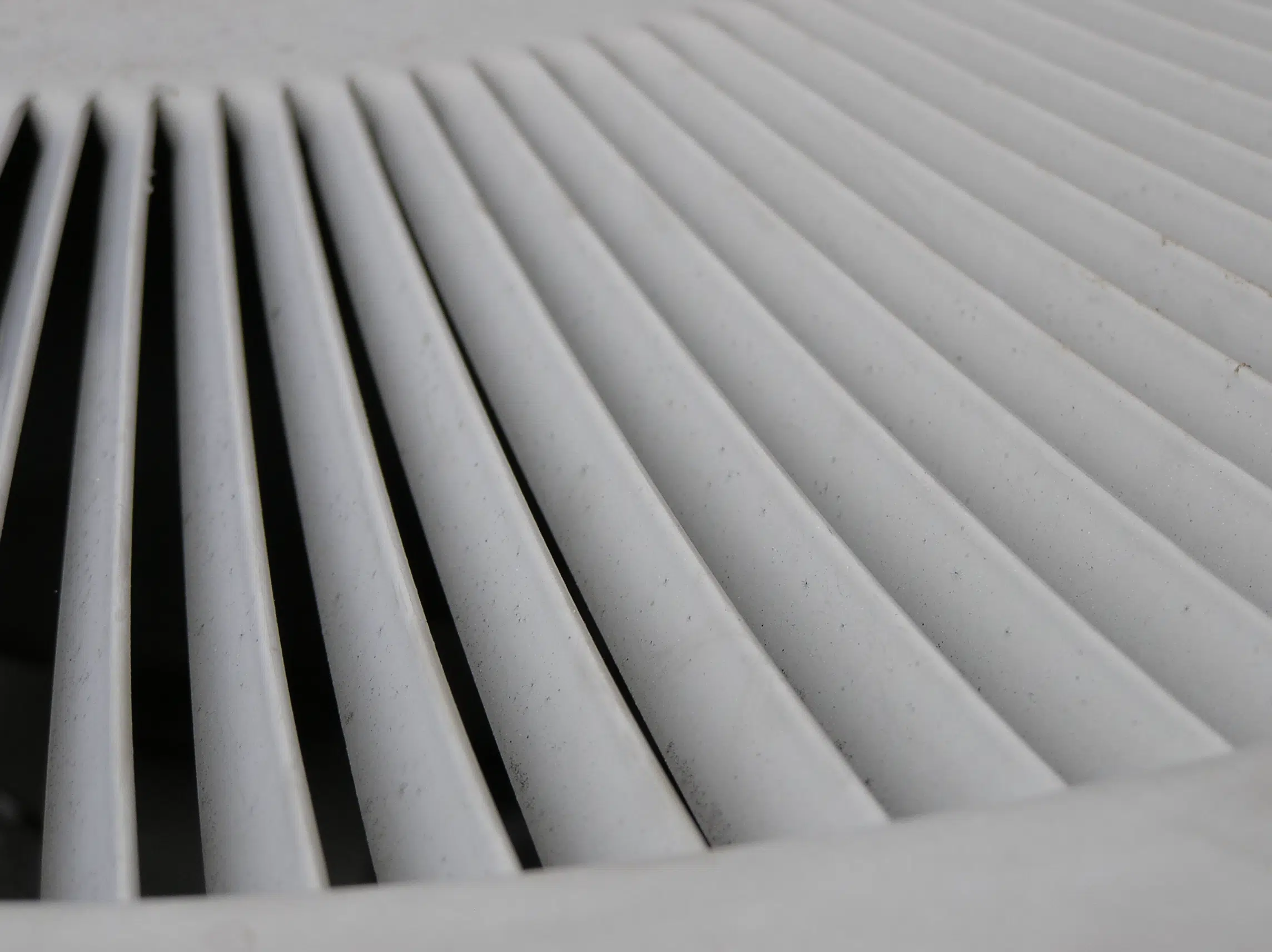Whether it’s during the hottest summer days or the coldest winter nights, the air you breathe in your house comes from the outdoors. Your HVAC system works by pulling outdoor air to the inside of your house to either cool or warm the space.
But, have you ever thought about how this air is purified to ensure that no harmful airborne particles, bacteria, or other pathogens get into the house? Well, that’s the sole role of an air filter.
An air filter is a fibrous or porous component in your heating or cooling system. It helps to remove solid particles from the air entering your house, including dust, pollen, mold, bacteria, and other hazardous microorganisms. Some air filters also contain an adsorbent, which allows them to eliminate bad odors and several other gaseous pollutants.
But what happens if your air filter is dirty? And, how do you notice a dirty air filter?
Dirty Air Filter Symptoms in House
When your AC air filter is dirty, you’ll easily realize it from the numerous symptoms it presents in the house. These include the following:
1. Reduced Airflow
One of the main clogged AC filter symptoms is a reduction in the amount of air blowing from your vents. If the airflow is significantly reduced, it might mean that the air filter is full of dirt, blocking the proper flow of air into the house.
The easiest way to determine if the airflow has reduced is by putting your hand in front of the air vents. If not much air is getting in, the air filter should be among your main suspects. A clean air filter allows easy passage of air, offering ample air supply into the house.
2. Ineffective Cooling
When not enough air is allowed through the air filter, it means that less cool air gets into the house. Subsequently, the AC won’t be effectively cooling the house, despite the low thermostat reading.
In addition to less air getting through, a dirty air filter might allow some particles to pass through. These particles can accumulate on the cooling coils, leading to frost build-up on these coils or the fans. When this frost starts to melt, it can cause even more damage.
Inspecting the outdoor AC unit is the best way to identify such an issue.
3. Increased Energy Bills
A clogged or dirty air filter can easily lead to a spike in your household’s energy bills. This is because the system is overworking to try to provide the desired indoor temperature as set on the thermostat.
Remember, most cooling systems are not only designed to bring in cold air. They also reduce the amount of humidity in the house. So, while trying to achieve this with a limited supply of air, they use more energy than usual, leading to increased electricity costs.
4. Reduced Indoor Air Quality
When the air filter is dirty, it means that it can’t sieve out the dust, pollen, and other particles from the air. Consequently, the quality of your indoor air is reduced.
This means that the air being blown through the vents contains various dust particles and microorganisms that might be harmful to people living in the house.
Now, this one leads us to our next question.
Can a Dirty Air Conditioner Filter Make You Sick?
And the answer to the question is a big YES! As noted above, a dirty air filter lets in various air pollutants such as dust particles, pollen, odor, and even bacteria.
If you have people allergic to any of these particles, then it’s certain that they will be affected. For instance, people with asthma or certain allergies might start experiencing difficulties living in the house.
Also, some of the bacteria that might make their way into your house might cause diseases.
Can a Dirty Furnace Filter Make You Sick?
Clogging problems are not only experienced with the AC air filter. Even the furnace filter faces the same challenge if not regularly maintained or replaced.
When your furnace filter is dirty, it can cause even more serious issues. First, like the AC filter, it can result in increased allergic reactions and even diseases, as the air circulating in your house is not purified.
Even worse, with a furnace, poor circulation of air can lead to the system blowing up.
What Does a Dirty HVAC Filter Look Like?
A new or clean air filter is mostly white. However, as dust and other particles accumulate on the filter, it gradually turns grey or darker in color.
You should know that your house is full of particles that need to be pulled out of the air to maintain clean, breathable air. Therefore, after using the air filter for a few months, you should ensure you inspect it to determine if it needs changing or cleaning, depending on the type.
When to Clean or Change Your Air Filter?
All the above-mentioned problems can be solved by cleaning or replacing the air filter on time. Like any other component of your heating or cooling system, air filters need regular maintenance.
Typically, there are two types of air filters: reusable and disposable ones. If your system has a reusable air filter, all you need is to clean it at least once every three months. This will keep the air filter clean and able to maintain a clean indoor environment.
On the other hand, if it’s a disposable air filter, you must change it regularly, also within three months, to ensure proper circulation of air inside your house, as well as air purification.
If you aren’t handy in changing or cleaning the air filters, you can always seek help from a qualified technician. This way, they can even diagnose if there is an additional problem with the system.

